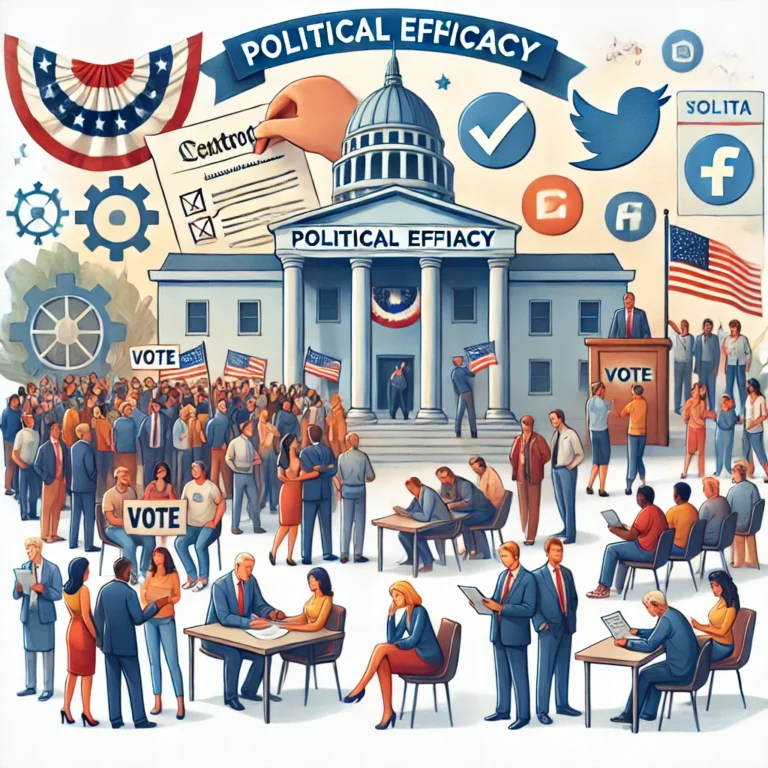Current Issues in the World 2024, Influencing Upcoming Elections
As we navigate through 2024, the world faces a multitude of pressing social issues that are poised to significantly influence upcoming elections. With an ever-evolving political landscape, understanding how current issues in the world 2024 are shaping voter opinions and legislative priorities is crucial. From climate change and economic instability to social justice movements, these topics are not only dominating headlines but also playing a pivotal role in electoral strategies and decision-making processes. In this analysis, we delve into the major stories and trends that are likely to impact the political arena, providing insights and diverse perspectives that aim to inform and engage citizens. Stay with us as we unpack the complexities of today’s global issues and their implications for tomorrow’s elections.

Examining Current Issues in 2024
Major Political Developments
The political landscape in 2024 is marked by significant developments that are reshaping the electoral map. One major shift is the surge in voter turnout, driven by heightened awareness of social issues in 2024. Key legislative changes, such as new voting laws and redistricting efforts, are also influencing the dynamics of upcoming elections. Furthermore, the impact of the global pandemic continues to reverberate, affecting public health policies and economic recovery plans. Parties are increasingly focusing on climate change initiatives and economic reforms to address voter concerns. The rise of social justice movements is compelling candidates to take a definitive stance on equality and human rights. These political developments are not just altering the strategies of political campaigns but also reflecting the evolving priorities of the electorate. Understanding these changes is essential for predicting the outcomes of future elections.

Voter Opinions and Trends
In 2024, voter opinions are increasingly shaped by a range of pressing social issues. Climate change, for example, is a top concern for many, prompting calls for more aggressive environmental policies. Economic instability, heightened by ongoing global uncertainties, is another critical factor driving voter sentiment. Many are advocating for stronger economic protections and job security measures. Social justice movements continue to influence public opinion, with a growing demand for equality and systemic reforms. Additionally, health care remains a crucial issue, with voters seeking comprehensive policies to address both the lingering effects of the pandemic and ongoing health disparities. These trends indicate a shift towards more progressive stances on various issues, reflecting the diverse priorities of the electorate. Recognizing these evolving voter opinions is vital for candidates as they craft their platforms and strategies for the upcoming elections.

Impact on Upcoming Elections
Legislative Changes and Implications
The elections in 2024 are being significantly influenced by recent legislative changes that have sweeping implications. Many governments have enacted new voting regulations aimed at improving election security and accessibility. However, these changes have sparked debates about voter suppression and electoral fairness. Redistricting efforts, often viewed through a partisan lens, are also affecting electoral boundaries and, consequently, the balance of power. In response to public demand, there has been a stronger legislative focus on climate policies, social equity, and economic resilience. These legislative shifts are driving candidates to adapt their platforms to align with voter priorities, thus reshaping campaign strategies. Understanding these legislative changes is crucial, as they not only alter the immediate electoral landscape but also have long-term implications for democratic processes and governance. As voters head to the polls, these factors will undoubtedly play a pivotal role in determining electoral outcomes.

Key Electoral Developments
As we approach the elections in 2024, several key electoral developments are coming into focus. Technological advancements are playing a significant role, with digital platforms becoming central to campaign strategies, enabling candidates to reach broader audiences more effectively. Additionally, there is a notable increase in early voting and mail-in ballots, aiming to enhance voter participation and convenience. The rise of independent and third-party candidates is also reshaping traditional political alignments, offering voters more diverse choices. Meanwhile, the influence of social media on voter engagement and misinformation poses both opportunities and challenges for the electoral process. These developments are prompting political parties to innovate in their outreach and engagement strategies to capture the attention of a more informed and digitally connected electorate. Understanding these electoral dynamics is essential for predicting the shifts in power and influence that will define the post-election political landscape.
Navigating the Political Landscape
Diverse Perspectives and Expert Analysis
Understanding the complex political landscape of 2024 requires insights from a variety of perspectives and expert analyses. Political analysts emphasize the importance of considering social issues in 2024, such as climate change and economic disparities, as they are pivotal in shaping voter behavior and policy priorities. Experts from different fields provide nuanced views on how these issues intersect with cultural, demographic, and technological shifts. Sociologists highlight the impact of generational changes, with younger voters increasingly advocating for progressive policies. Economists offer perspectives on how global economic trends are influencing national policies, while environmental scientists underscore the urgency of addressing climate-related challenges. This multifaceted analysis helps illuminate how current issues in the world 2024 are interconnected with electoral outcomes. By engaging with these diverse viewpoints, voters and policymakers alike can make more informed decisions, contributing to a more dynamic and responsive political environment.

Engaging with Social Issues in 2024
In 2024, actively engaging with social issues is crucial for voters, candidates, and policymakers alike. Issues such as climate change, economic inequality, and social justice are at the forefront of political discourse and have become central to electoral debates. Voters are increasingly demanding transparency and accountability from leaders who must address these challenges head-on. Civic engagement through town halls, social media platforms, and community organizing empowers individuals to voice their concerns and influence policy decisions. Educational initiatives and public forums facilitate a better understanding of the complexities surrounding these issues, fostering informed citizenry. Candidates who prioritize these concerns in their platforms are more likely to resonate with a broad base of voters seeking meaningful change. Engaging with these social issues is not only about shaping electoral outcomes but also about driving sustained, long-term progress in addressing the pressing challenges facing our global society today.






